Understanding Hearing Aid Costs for Seniors
Book An Appointment Today!
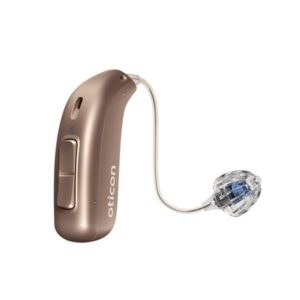
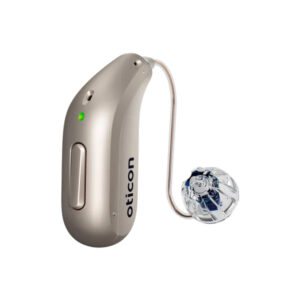
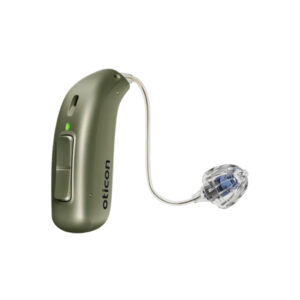
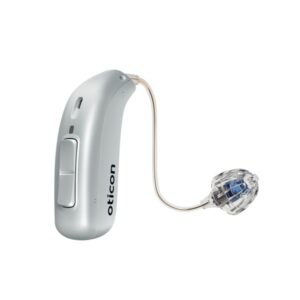
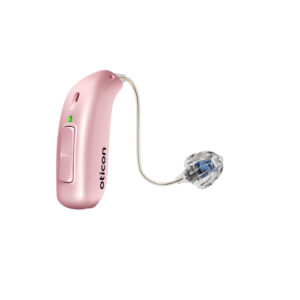
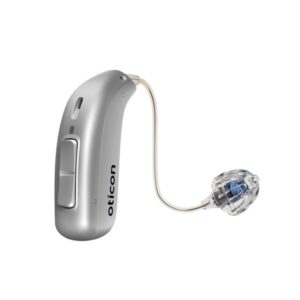
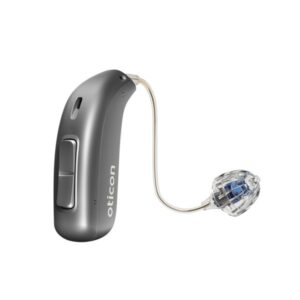
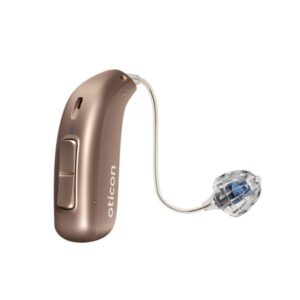
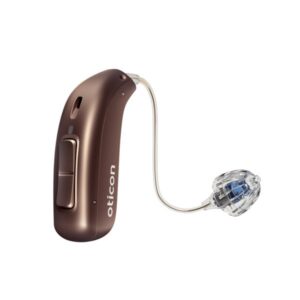
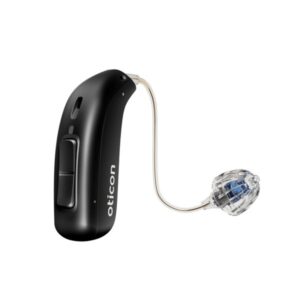
Maintaining a good quality of life is essential for seniors, and hearing aids can be a valuable tool for those experiencing hearing loss. However, the cost of these devices can be a significant concern. According to the National Health Survey conducted in 2021, 33.2% of Australians aged 65 and older experience complete or partial deafness, highlighting the widespread need for hearing support. In this article, we explore the various factors that influence hearing aid prices for pensioners, providing insights and guidance to help you make informed decisions.
What Influences Hearing Aid Costs?
Hearing aid costs for seniors can vary widely, and understanding the factors behind these prices is essential when choosing the right hearing solution. Maintaining good hearing health is crucial for quality of life, so finding a balance between effectiveness, comfort, and affordability is important. With so many options available, it’s helpful to know what drives the cost of different hearing aids.
Key factors influencing hearing aid costs for seniors include technology level, features, style, and customisation. Advanced models with noise reduction, Bluetooth, and rechargeable batteries often cost more. Professional services like hearing assessments, fittings, and ongoing support also affect the overall price.
By knowing these factors, seniors can make informed decisions and find hearing aids that suit their needs and budget. Government programs like the Australian Government’s Hearing Services Program can also help lower hearing aid costs for seniors.

Technology Level
Hearing aids come equipped with varying levels of technology. Basic models offer essential features such as amplification and noise reduction, while more advanced devices include connectivity options, directional microphones, and automatic adjustments. Naturally, the more sophisticated the technology, the higher the cost.
Style and Design
Hearing aids are available in different styles, from behind-the-ear (BTE) models to in-the-canal (ITC) designs. Each style has its own price range, primarily influenced by the size and visibility of the device. Smaller, less noticeable aids tend to be more expensive due to the complexity of their manufacturing.
Brand and Manufacturer
The reputation of the brand or manufacturer can also impact the cost of hearing aids. Established brands often command higher prices due to their track record of quality and reliability. It’s important to research and compare different brands to find one that meets your needs and budget.
Customization and Fitting
Custom-fitted hearing aids, tailored to the unique shape of your ear, generally cost more than standard models. This customization ensures a comfortable fit and optimal performance, which can be worth the additional expense for many users.
Sudden Hearing loss?
Book in to see a professional Audiologist now!
Early intervention is key to treatment of sudden hearing loss. Urgent appointments are available on
the same day for sudden loss of hearing. Please call.
Average Prices of Hearing Aids for Pensioners
While prices can vary, it’s helpful to have a general idea of what to expect when shopping for hearing aids.
Entry-Level Options
Entry-level hearing aids typically cost between $500 and $1,500 per device. These models provide basic amplification and are suitable for individuals with mild to moderate hearing loss. They often lack advanced features but can still offer significant improvements in hearing quality.
Mid-Range Devices
Mid-range hearing aids, priced between $1,500 and $3,000 per device, offer a balance between cost and functionality. They often include features like wireless connectivity and improved sound processing, making them a popular choice for many seniors.
Premium Models
Premium hearing aids can range from $3,000 to $5,000 or more per device. These models are equipped with the latest technology, providing superior sound quality and a range of advanced features such as Bluetooth connectivity and automatic adjustments.
About us
We are here to listen
Our motto is HEAR TO LISTEN

Comprehensive hearing assessment for adults and children, including diagnostic testing for conductive and sensorineural hearing loss, inclusive of audiological report.
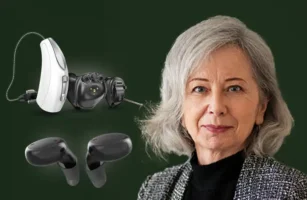
There is more to hearing health than just fitting hearing aids, which is why our services go beyond that. We provide customised hearing solutions including headphones.

Even though tinnitus can happen without hearing loss, it is frequently a sign of ear and hearing damage. Help is available for management of tinnitus
Financial Assistance and Insurance Coverage
Understanding your options for financial assistance and insurance coverage can help mitigate the costs of hearing aids.
Medicare and Medicaid
Medicare does not typically cover hearing aids, but some Medicare Advantage plans may offer partial coverage. Medicaid coverage varies by state, so it’s important to check your specific state’s policies to determine eligibility for assistance.
Veterans Affairs (VA)
Veterans may be eligible for free or low-cost hearing aids through the VA, provided they meet certain criteria. This benefit can significantly reduce the financial burden for qualified individuals.
Private Insurance
Some private insurance plans offer coverage for hearing aids, but this varies widely. It’s crucial to review your policy and speak with your insurance provider to understand what, if any, coverage is available.
Alternative Solutions and Cost-Saving Tips
For those seeking more affordable options, several strategies can help reduce the overall cost of hearing aids.
Shop Around
Prices can vary significantly between retailers, so it’s wise to shop around and compare options. Online retailers may offer competitive pricing, but ensure that the vendor is reputable and provides necessary support and warranties.
Consider Refurbished Models
Refurbished hearing aids can be a cost-effective alternative. These devices have been restored to like-new condition and are often available at a fraction of the cost of new models.
Ask About Payment Plans
Many hearing aid providers offer financing options or payment plans to make purchasing more manageable. Inquire about these options to spread the cost over time, easing the financial burden.
The Importance of Investing in Quality Hearing Aids
While it’s natural to focus on cost, it’s essential to remember that hearing aids are a long-term investment in your quality of life. Choosing a device that meets your needs and offers the best possible performance can make a significant difference in your overall well-being.
Conclusion:
In conclusion, understanding hearing aid costs for seniors can empower you to make informed and confident decisions. By exploring financial assistance options, comparing prices, and considering alternative solutions, you can find a hearing aid that fits both your needs and budget. It’s also important to prioritise quality and comfort, as the right hearing aid can make a significant difference in your day-to-day life. Consulting with a professional audiologist can help you choose a device tailored to your specific hearing needs, ensuring you get the best value for your investment. Investing in the right hearing aid not only improves your hearing health but also enhances your overall quality of life, ensuring you stay connected and engaged with the world around you.

